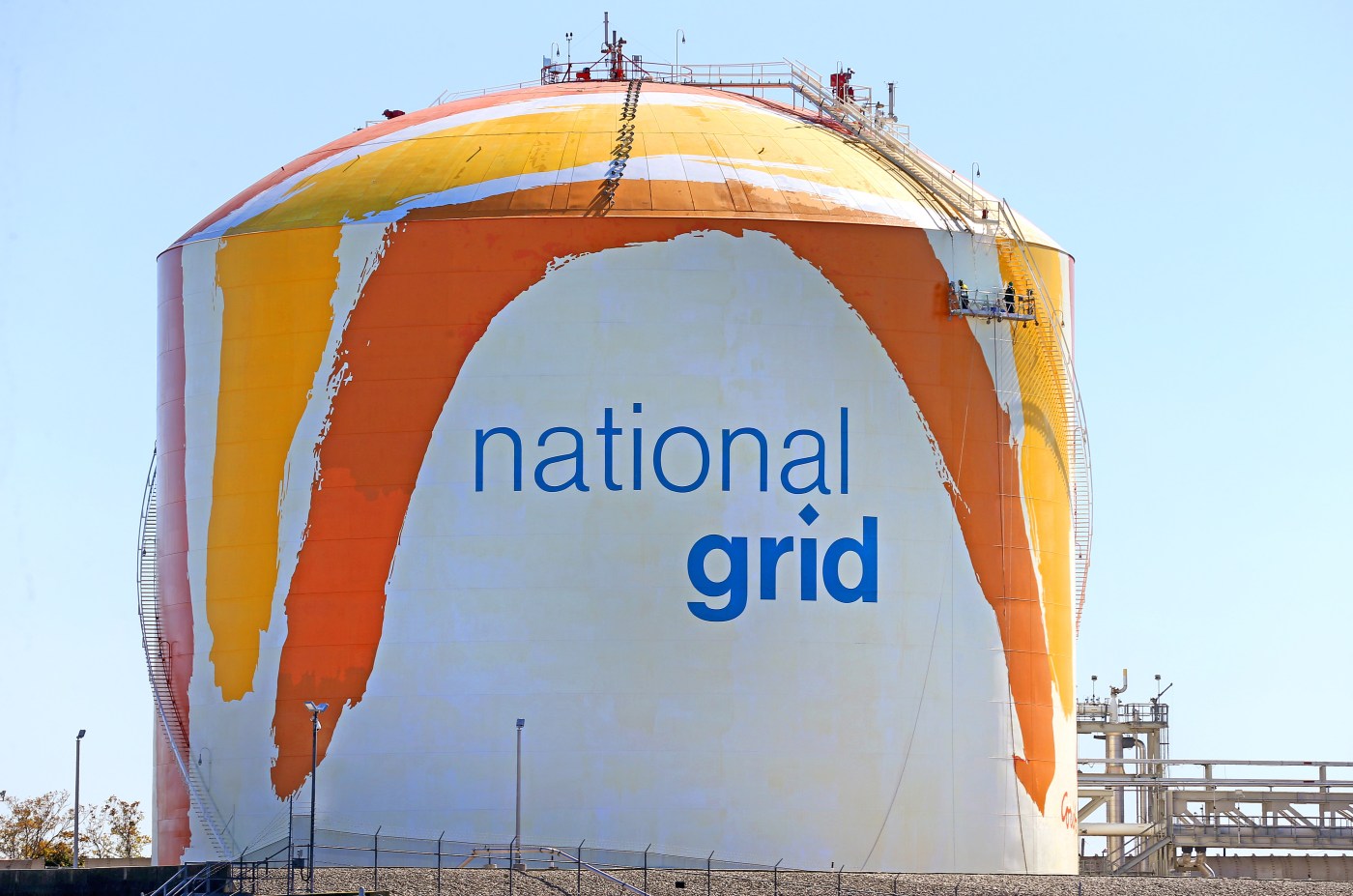
Massachusetts man who owed money to National Grid, faced ‘harassing’ calls scores win in Appeals Court
A local man who owed money to National Grid and faced “harassing” calls from debt collectors has notched a federal Appeals Court win.
Allston man Robert Nightingale sued the power company on behalf of himself and others in a class-action lawsuit after he incurred a debt to National Grid for electricity services.
Nightingale in the federal suit accused National Grid’s debt collectors of calling him more than twice within a seven-day period on multiple occasions — which is illegal under the Massachusetts Consumer Protection Act.
“In October 2018, Nightingale sued Defendants in state court on behalf of himself and a putative class of Massachusetts consumers,” the Appeals Court ruling reads. “He alleged that the repeated debt collection calls had caused him emotional distress, deprived him of the use of his phone, and invaded his privacy.”
The Massachusetts U.S. District Court judge ended up ruling in favor of National Grid, finding that Nightingale had not proven a “cognizable injury” under the Massachusetts Consumer Protection Act.
But this week, the U.S. Court of Appeals for the First Circuit tossed the district court’s ruling for National Grid — and Nightingale’s lawsuit now has new life.
“In sum, the district court erred when it concluded that Nightingale could not prove a cognizable injury,” the Appeals Court ruling reads.
“For the foregoing reasons, the district court’s grant of summary judgment to Defendants is vacated,” the First Circuit judges added.
Nightingale’s lawsuit now heads back to U.S. District Court for a trial.
“It’s a good day for Massachusetts consumers,” one of Nightingale’s attorneys, Sergei Lemberg of Lemberg Law, told the Herald on Friday.
“We’re happy the ruling confirmed the protections that the regulation provides to Massachusetts consumers against illegal collection badgering,” he said.
Nightingale owed a “modest amount” but nothing that would justify constant calls, which the law says National Grid cannot do, Lemberg added.
According to the ruling, Nightingale last recalled paying National Grid around November 2017. After that, he reportedly ran into financial difficulties and stopped paying. In response, National Grid hired two debt collectors, First Contact and iQor, to call Nightingale and solicit payment.
During 2017 and 2018, Nightingale repeatedly received more than two calls from the collectors over several seven-day periods. For instance, he allegedly received five debt collection calls between June 20, 2018 and June 23, 2018.
Nightingale answered the debt collection calls about three or four times, according to the suit. When he did answer, he asked the debt collectors to stop calling.
“In his deposition testimony, Nightingale broadly averred that he found the repeated debt collection calls ‘frustrating’ and ‘harassing,’ ” the ruling reads.
Nightingale reportedly found the calls especially upsetting because they arrived on the heels of his son’s death. He also speculated that the calls may have indirectly cost him money by tying up his phone line, and making it harder for prospective clients to reach him.
Related Articles
Heat hits Massachusetts, straining electric grid as residents scramble to stay cool
When it comes to whether the debt collectors violated Nightingale’s privacy, National Grid argued that he has a reduced privacy interest under Massachusetts law because he’s a debtor.
“Nightingale’s reduced privacy interest is not a get-out-of-jail-free card that allows debt collectors to violate chapter 93A (Massachusetts Consumer Protection Act) with impunity,” the Appeals Court wrote. “We therefore find that Nightingale has demonstrated a cognizable privacy-related injury… The district court’s contrary conclusion was legal error.”
Nightingale also claims injury in the form of emotional distress, and the Appeals Court ruling found that he “offered proof of cognizable emotional distress injuries” under the state’s consumer protection act.
The Herald reached out to National Grid about the Appeals Court ruling. A National Grid spokesperson wrote in an email, “National Grid typically doesn’t comment on active litigation, so we will not be issuing a statement.”


